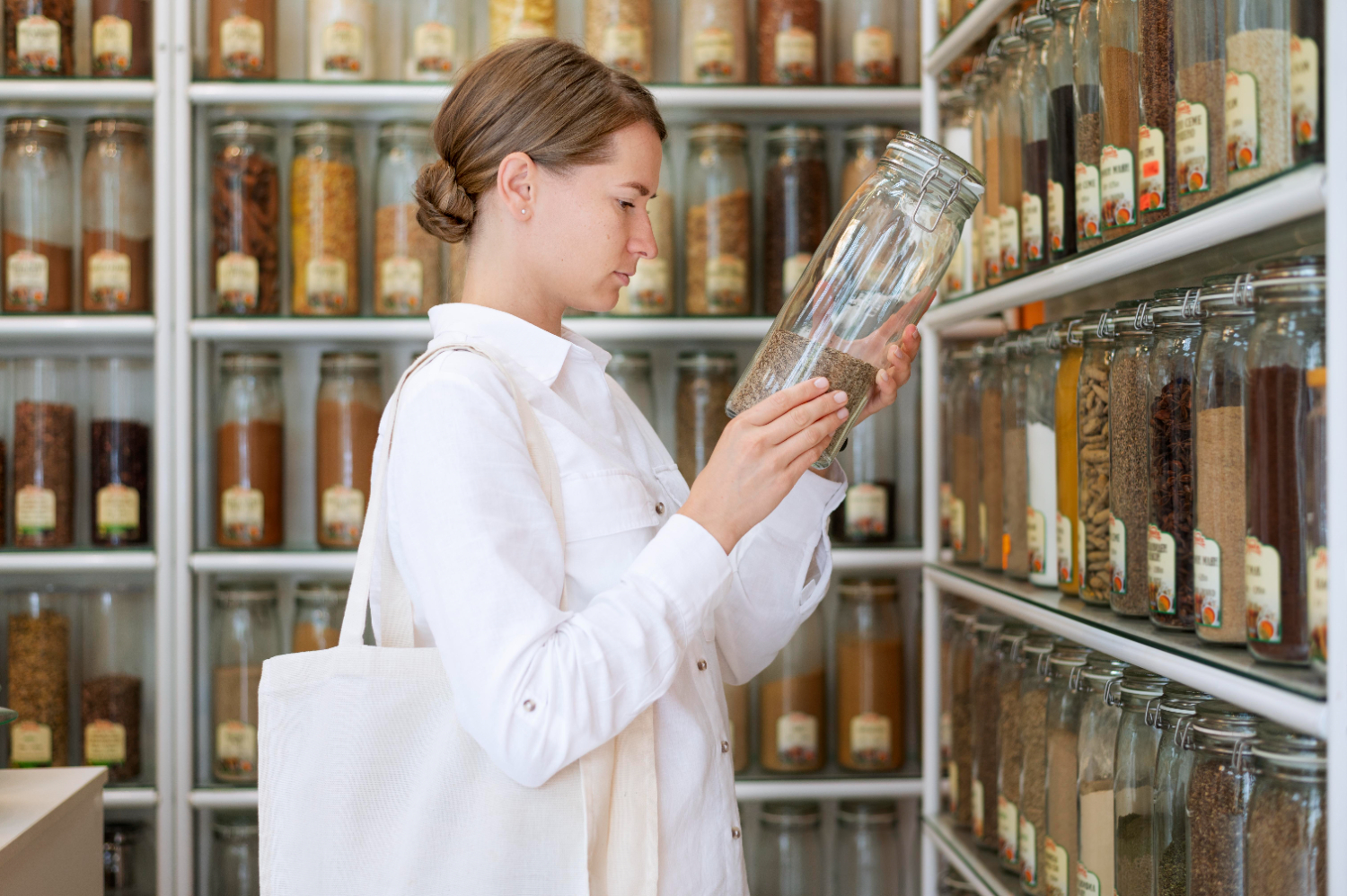Spices make our dishes tastier and healthier, but do they have an expiration date? If you haven't touched them for a long time, you may be wondering if you can still use them and how to tell if spices have gone bad. In fact, they are dried, unlike other products in our refrigerators and pantries.
ContentHow to tell if spices have gone bad: do they have an expiration date at all?What will happen to your health if you eat expired spicesHow to tell if spices have gone bad and it's time to throw them awayWhat is the best way to store spices?
Technically, yes, you can still use old spices even if it's been a year. That means if you cook with old spices or dried herbs, you won't get sick. But experts say you might want to replace them for other reasons. WomanEL suggests learning more about this below.
How to understand that spices have gone bad: do they have a shelf life at all suitability?
Officially, no. Dried herbs and spices can be stored indefinitely without spoiling. But they may not be as useful if they sit in your cupboard for too long.
“Spices don’t have an expiration date, but they gradually lose their potency as volatile compounds break down,” says Jessica Gavin, a food and culinary expert. Volatile compounds are the chemical compounds in spices (such as terpenes, aldehydes, and esters) that give them their distinctive aroma and flavor, according to a 2019 article in the journal Food Chemistry.
In other words? You can keep using them, but they probably won’t add the extra flavor or aroma you’re after to your dish. So if you see a date on a jar of spices, it’s just an indicator of how long the spice will retain its potency.
What will happen to your health if you eat expired spices
From a health perspective, it's fine. According to the Australian Food Safety Institute, dried herbs and spices have a very low moisture content (after all, they're dried), so they don't usually support the growth of disease-causing bacteria like salmonella or E. coli.
This is especially true because “many spices are irradiated after production and packaging – a food safety process that uses radiation to kill microbes or prevent them from growing,” says Gavin.
The main downside to expired spices is, again, the loss of flavor and aroma. “Every time you open a jar of spices, the volatile compounds that are responsible for flavor and aroma are lost,” says Gavin. “After several years of repeating this process, all the benefits are practically reduced to zero.”
How to understand that spices have spoiled and their time to throw it out
The answer to this question depends largely on whether you're talking about whole or ground spices. Here's a basic rule of thumb for both cases.
- Whole spices should be discarded after two to four years. “Whole spices, such as allspice, cinnamon sticks, cloves, cardamom, and star anise, retain their volatile oils and aromatic compounds longer because they are protected by an outer shell,” explains Gavin.
- Ground spices should be replaced every two to three years. “Ground spices like cumin, paprika, garlic powder, onion powder, and red chili flakes break down faster. The increased surface area of ground spices leads to faster oxidation, which causes flavor loss,” says Gavin.
- The same goes for ground spice blends like curry powder, garam masala, and pumpkin pie spice.
Since these are pretty long periods, it’s a good idea to simply check how your spices smell and look to make sure they’re still fresh. Is the spice dull in color and odorless when you sniff it? It’s probably time to throw it out. Does it still look bright and have a strong aroma? Then everything is fine.
What is the best way to store spices?
 To make spices last longer delicious, store them in glass jars, Source: freepik.com
To make spices last longer delicious, store them in glass jars, Source: freepik.com
How you store spices can affect their shelf life. Here’s what Gavin recommends to help your spices retain their flavor for as long as possible:
- Buy small quantities at a time. Buying fewer spices increases the likelihood that you’ll use them before they lose their flavor.
- Use the right jars. Glass jars are a better choice than the plastic ones they’re usually sold in. “Glass doesn’t absorb odors or react with the essential oils in the spices,” says Gavin. “Also, make sure they have a tight-fitting lid to prevent the flavors from evaporating.”
- Write the date on the jar. Note when you bought your spices so you know when to replace them.
- Store spices in a cool, dark place: a cupboard or drawer, not a spice rack mounted on the wall. Spices spoil faster when exposed to heat and light.
You've probably heard of cardamom or even eaten it. But you may not realize how beneficial it is for your health.

